As Africa continues to experience rapid economic growth and development, leapfrogging technologies offer an unparalleled opportunity to bypass traditional barriers and accelerate progress. Leapfrogging refers to the process of adopting advanced technologies to overcome infrastructural, social, and economic limitations. One of the most promising leapfrogging technologies gaining traction in Africa is the use of drones. Drones, also known as unmanned aerial vehicles (UAVs), have the potential to revolutionize various sectors, including land tenure, infrastructure, employment, female empowerment, and business opportunities.
Land Tenure
Land tenure remains a critical issue in many African countries, with complex and often opaque land registration systems. Drones can help to address this challenge by providing accurate aerial imagery and mapping services, enabling the efficient documentation and management of land rights. In Rwanda, for example, drones have been used to map and register land parcels, helping to secure property rights for rural communities. Similarly, in Tanzania, the World Bank's Land Tenure Assistance Project utilizes drone technology to map land ownership and resolve disputes. By streamlining land registration processes and providing transparent records, drones can contribute to economic growth and social stability.
Infrastructure
Africa's infrastructure gap is a significant impediment to economic development, with an estimated annual investment requirement of $130-170 billion. Drones can help to overcome these challenges by providing innovative solutions to infrastructure planning, construction, and maintenance. For instance, drone surveys can assist in the planning and design of transportation networks, identifying the most cost-effective routes and reducing the need for expensive ground surveys. Moreover, drones can monitor construction sites in real-time, ensuring safety and quality control. In Malawi, a drone corridor has been established to test the use of UAVs in infrastructure projects, including road construction and bridge inspections, demonstrating their potential for streamlining infrastructure development across the continent.
Employment
The integration of drone technology in Africa presents a wealth of employment opportunities, ranging from pilots and technicians to data analysts and software developers. By investing in drone training and education, African countries can build a skilled workforce that is well-equipped to meet the demands of a growing industry. In Ghana, the African Drone and Data Academy (ADDA) offers technical and operational training, enabling young Africans to enter the drone industry and contribute to the continent's development. Furthermore, the emergence of drone-based businesses is creating new employment opportunities, with local entrepreneurs capitalizing on the growing demand for UAV services in sectors such as agriculture, mining, and environmental conservation.
Female Empowerment
Drones have the potential to play a crucial role in empowering African women by creating new opportunities and breaking down traditional barriers. In rural areas, women often face limited access to essential services, such as healthcare and education. Drones can help bridge this gap, with UAVs being used to deliver medical supplies to remote communities and support distance learning initiatives. In addition, by encouraging the participation of women in drone training and education programs, African countries can foster greater gender equality and create a more inclusive workforce. An example of this can be seen in Kenya, where the non-profit organization African Women in Drones and Aerospace (AWiDA) promotes the involvement of women in the drone industry through education, mentorship, and advocacy.
Business Opportunities
The growth of the drone industry in Africa offers a multitude of business opportunities for entrepreneurs and investors alike. As drone technology becomes more affordable and accessible, local businesses can capitalize on the demand for UAV services, providing tailored solutions for various sectors. In agriculture, for example, drones can be used for precision farming, helping farmers to optimize crop yields and reduce resource wastage. In South Africa, Aerobotics, a drone-based agtech company, has successfully integrated UAVs into farming practices, providing data-driven insights to improve crop management and productivity.
In the mining sector, drones can be used for aerial surveys, exploration, and environmental monitoring, reducing operational costs and improving safety. In the Democratic Republic of Congo, the company Delta Drone is using UAVs to assist in the exploration and monitoring of mining sites, showcasing the potential for further adoption across the continent.
The tourism industry can also benefit from drone technology, with aerial photography and videography services offering unique perspectives of Africa's breathtaking landscapes and wildlife. In Kenya, Tropic Air, an aviation company specializing in scenic flights, has embraced drones to capture stunning aerial images of the country's diverse natural beauty.
Moreover, the growing drone industry presents opportunities for local manufacturing, fostering technological innovation and self-sufficiency. In Nigeria, Arone Aerial Logistics has developed its own drones for use in medical supply delivery, demonstrating the potential for home-grown solutions to address local challenges.
Conclusion
As Africa seeks to accelerate its development and overcome traditional barriers, leapfrogging technologies like drones offer a unique and transformative opportunity. The use of drones in land tenure, infrastructure, employment, female empowerment, and business ventures showcases the potential of UAVs to revolutionize various sectors and contribute to the continent's continued growth. By embracing drone technology and investing in the education and training required to support its adoption, African countries can capitalize on the immense potential of this emerging industry and pave the way for a more prosperous, inclusive, and sustainable future.


